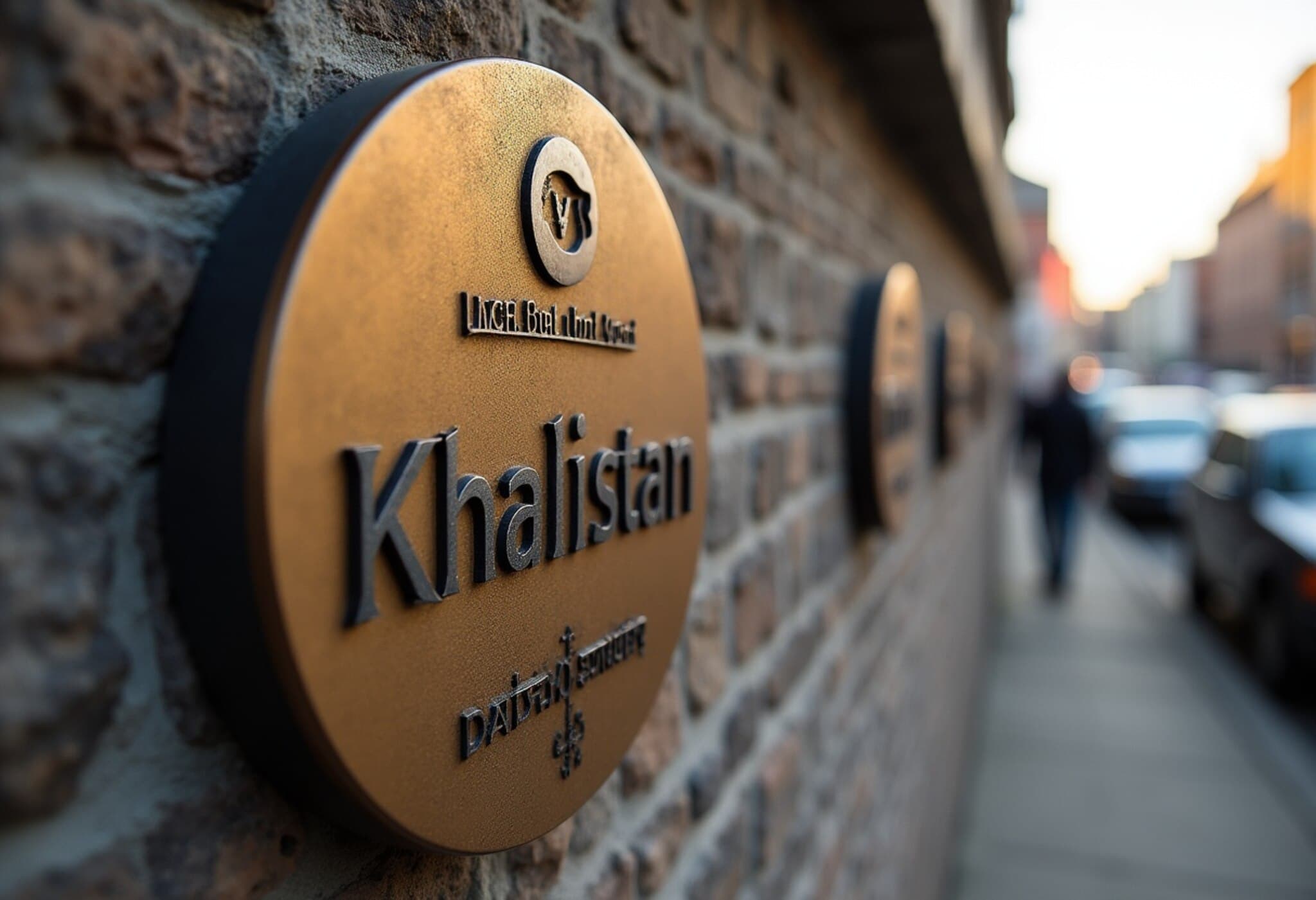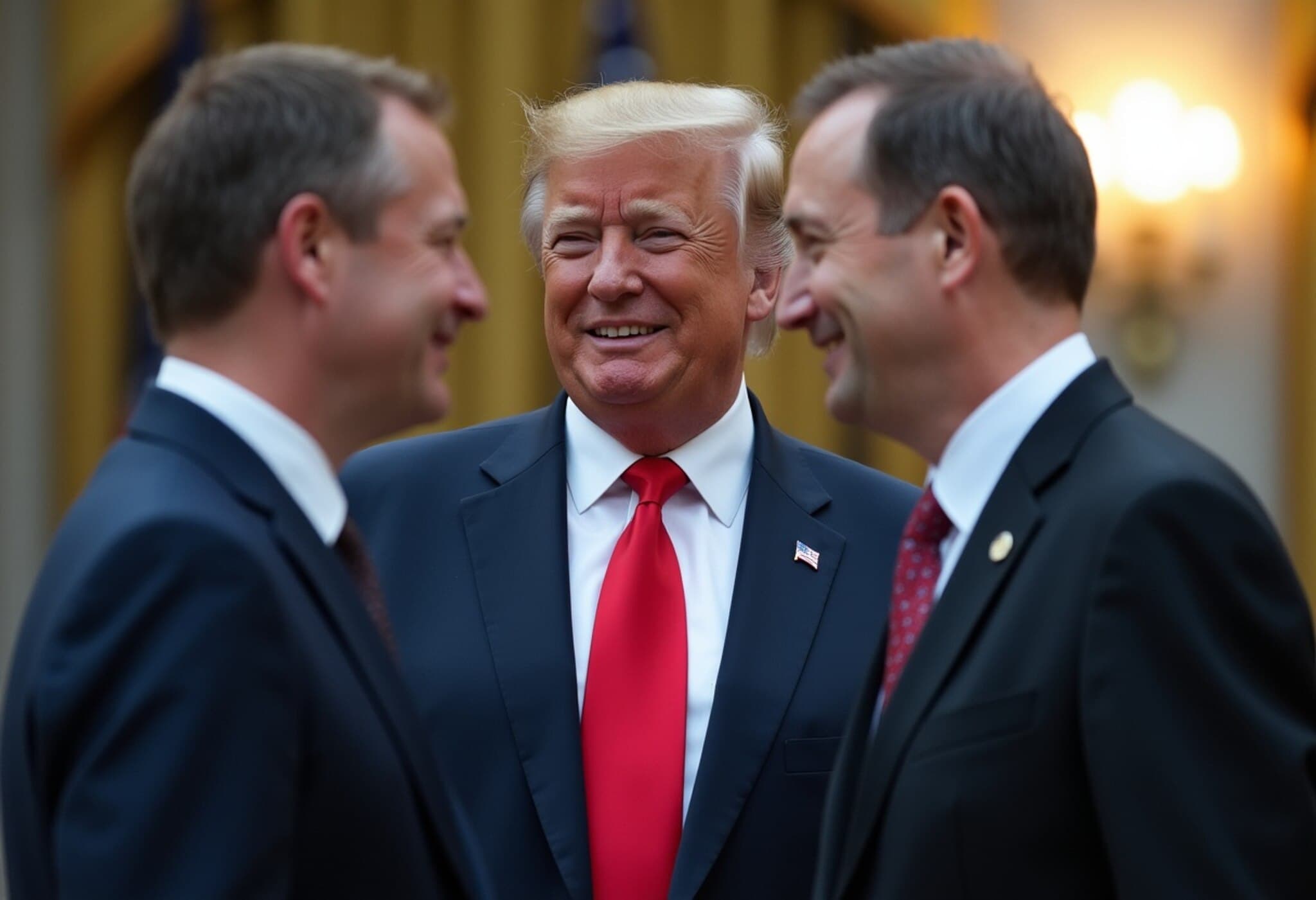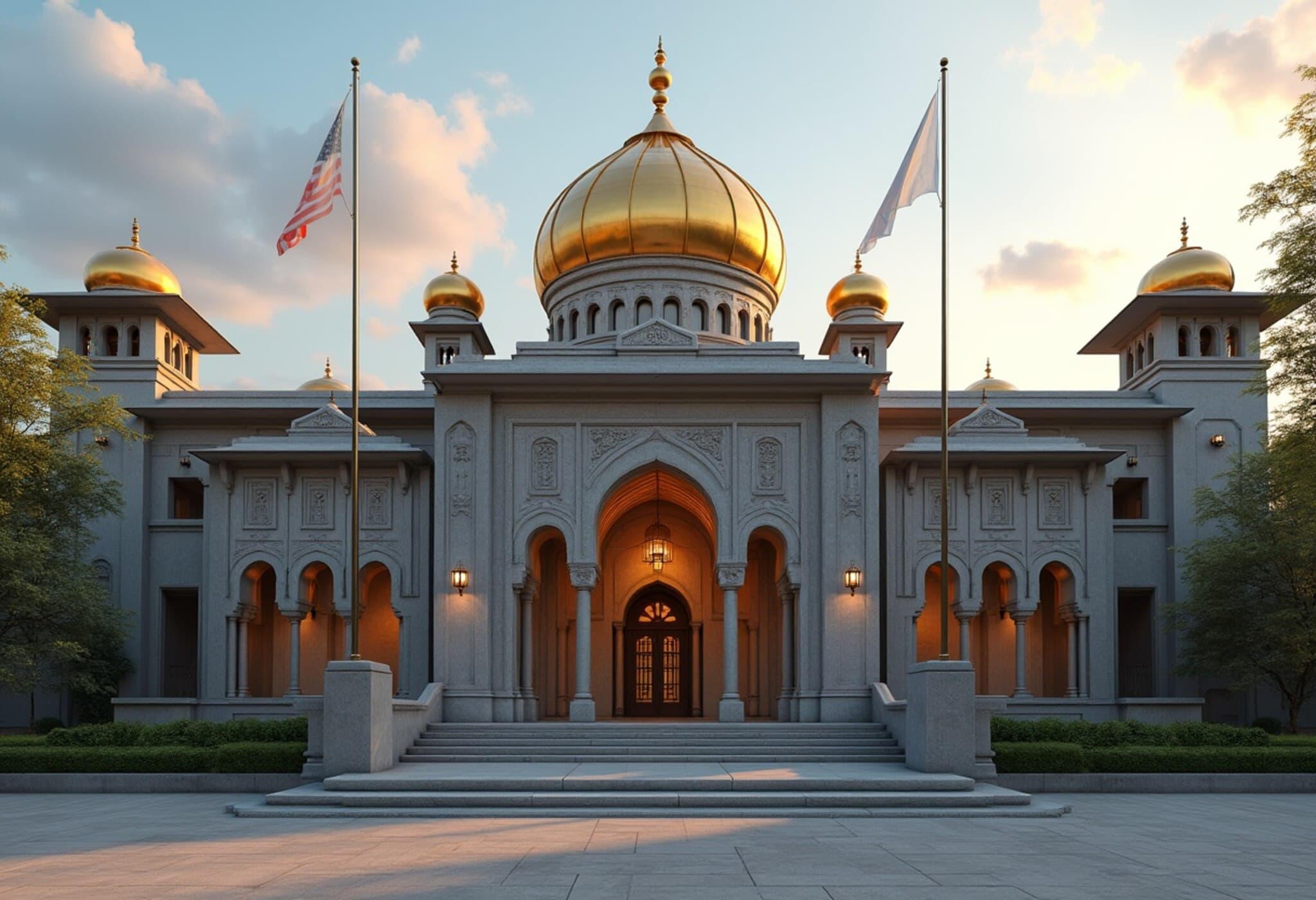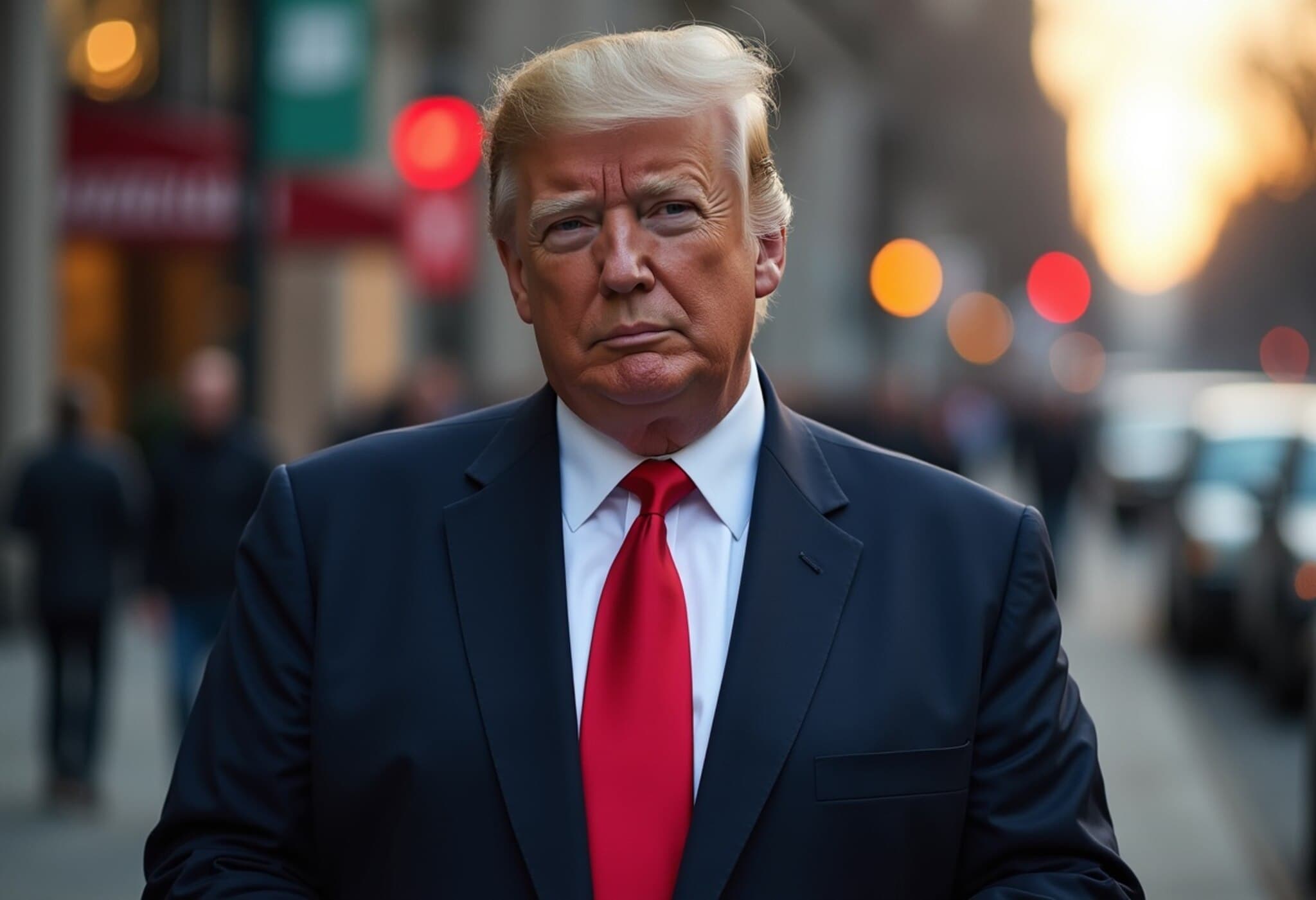UK Charity Commission Permits ‘Khalistan’ Plaques in British Gurdwara
In a landmark decision that has resonated far beyond the Sikh community, the UK Charity Commission has ruled that Gurdwara Sri Guru Singh Sabha in Slough can continue to display plaques featuring the word “Khalistan”. This ruling comes after a lengthy investigation sparked by a complaint over the religious institution’s use of the term, highlighting the delicate balance between religious expression and political sensitivities in British multicultural society.
Background: What Sparked the Controversy?
The controversy began in 2019 when an Indian journalist visiting the gurdwara noticed a prominent “Khalistan” plaque inside the place of worship and filed a complaint with the Charity Commission, the regulatory body overseeing UK charities, including religious institutions. The commission took the concern seriously because its guidelines restrict charities — including gurdwaras — from engaging in political campaigning or endorsing separatist movements.
In December 2024, the commission issued a strict ultimatum: remove the plaques by March 10, 2025, or face potential sanctions. However, the plaques remained untouched. This defiance prompted a coalition response involving Sikh organizations and three Sikh members of Parliament — Tanmanjeet Singh Dhesi, Preet Kaur Gill, and Jas Athwal — who lobbied the commission to reconsider.
The Charity Commission’s Final Verdict: Religious Symbolism Over Political Statement
After an extensive review, including consultations with various stakeholders and Sikh representatives, the Charity Commission announced its decision. It recognized that the term “Khalistan” carries significant religious and cultural connotations, meaning “Land of the Pure” in Punjabi, beyond any political separatist implications associated with the Khalistan movement.
The commission highlighted that the plaques held no explicit material advocating for a separate political state. As such, the display aligns with the gurdwara’s religious objectives and charitable status. This nuanced ruling emphasizes the complexities of regulating religious speech where political and spiritual meanings intertwine.
Voices from the Sikh Community and Experts
Dabinderjit Singh, executive lead for political engagement at the Sikh Federation UK, elaborated on the distinction: “The word ‘Khalistan’ on its own means ‘Land of the Pure’. This differs from slogans like ‘Khalistan Zindabad’ which carry overt political messages.” He noted the commission’s decision on the Slough gurdwara sets a precedent that potentially empowers other Sikh places of worship across the UK to display the word without fear of sanctions.
The Slough gurdwara informed reporters that the plaques have been fixtures for nearly five decades, reflecting a long-standing cultural heritage. Other UK gurdwaras in cities such as Birmingham, Derby, Leicester, and London also display the term, underscoring its embeddedness within British Sikh religious identity.
Contextual Insight: Navigating Religious Identity and Political Sensitivities in the UK
This ruling is a compelling example of how British institutions navigate the fine line between freedom of religious expression and managing political sensitivities within diverse communities. The word “Khalistan” encapsulates complex narratives — for many Sikhs, it’s a spiritual ideal rooted in purity and identity; for others, especially in Indian political discourse, it evokes memories of separatist demands and violence.
- Legal Angle: The UK Charity Commission’s role includes ensuring charities do not engage in political campaigning that could undermine their charitable status.
- Social Impact: The ruling may encourage other minority groups to assert cultural-religious symbols that intersect, but do not necessarily equate with, political statements.
- Diplomatic Sensitivity: Given UK-India relations and the sizable British Indian population, the decision will likely prompt ongoing dialogue about diaspora politics and cultural expression.
Questions Left Open
While the commission has weighed religious significance heavily, it raises pivotal questions:
- How can regulatory bodies consistently distinguish between cultural/religious symbols and political activism?
- What safeguards ensure that expressions with political overtones do not cross legal boundaries?
- How will this decision shape future handling of politically charged symbols in religious spaces?
Editor’s Note
The Charity Commission’s ruling on the “Khalistan” plaques at Slough’s gurdwara offers a profound glimpse into the intersection of faith, identity, and politics within the UK’s pluralistic landscape. It underscores the importance of understanding cultural expressions on their own terms, especially when traditional concepts overlap with contentious political histories. As British society continues to diversify, this case highlights the delicate challenge regulators face in upholding both religious freedoms and legal frameworks that maintain community harmony.














